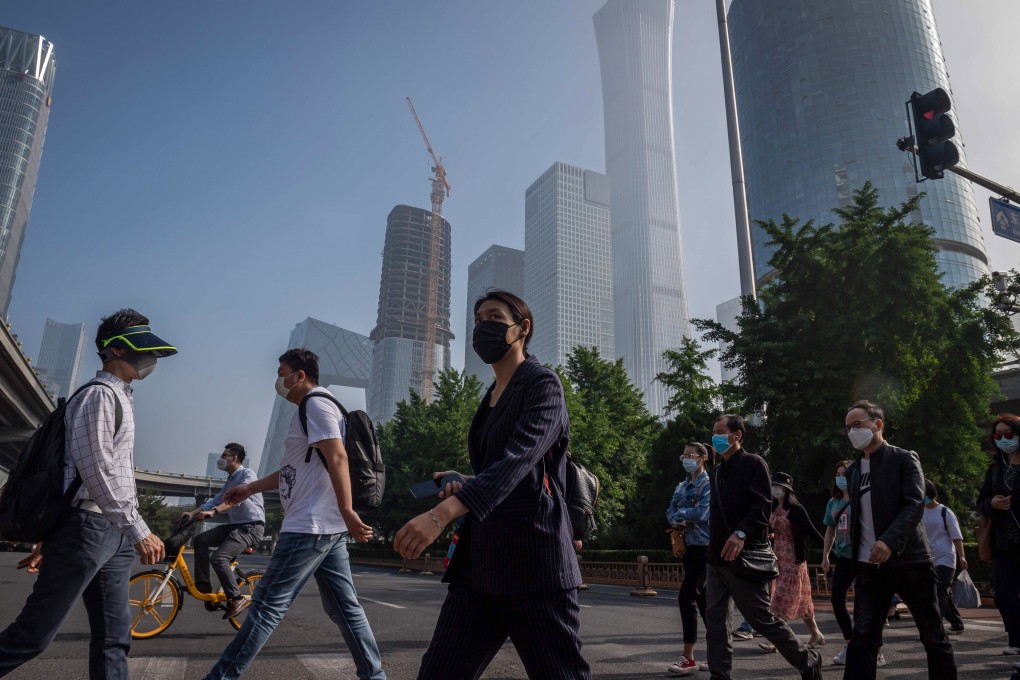Meagre gains for Hong Kong, mainland stocks, as investors weigh upbeat China economic data against US market dip, Covid-19 surge
- While the Hang Seng Index edged up less than 0.1 per cent, the Shanghai Composite gained 0.4 per cent on Tuesday
- Caixin/Markit PMI rose to 53.1 in August from 52.8 in July, showing further recovery in China’s manufacturing sector

The Hong Kong and mainland China stock markets eked out small gains after see-sawing on Tuesday, as investors weighed signs of economic recovery in China against a dip overnight in US markets and an uptick in coronavirus cases globally.
In Hong Kong, the Hang Seng Index edged up less than 0.1 per cent to 25,184.85 after dropping by as much as 0.7 per cent during the day. On the mainland, the Shanghai Composite Index gained 0.4 per cent to 3,410.61 after it slipped by as much as 0.4 per cent earlier.
“Stocks have had a choppy session in Asia, with investors shifting to and fro between Covid-19 resurgence, central bank stimulus and a convincing economic rebound in China,” said Stephen Innes, chief global markets strategist at AxiCorp.
Yum China Holdings, the operator of KFC and Pizza Hut restaurants in mainland China, will list on the main board of the Hong Kong bourse on September 10, according to the stock exchange’s calendar.
Four companies debuted on mainland bourses on Tuesday. In Shanghai, chemical producer Xinyaqiang Silicon Chemistry rose by 44 per cent. In Shenzhen, steel pipe manufacturer Shengtak NewMaterial was 450 per cent higher, Ningbo Daye Garden Machinery, which manufacturers agricultural machines, rose 562 per cent, and Ningbo Jianan Electronics, which produces measurement instruments, was up 693 per cent on the ChiNext index.